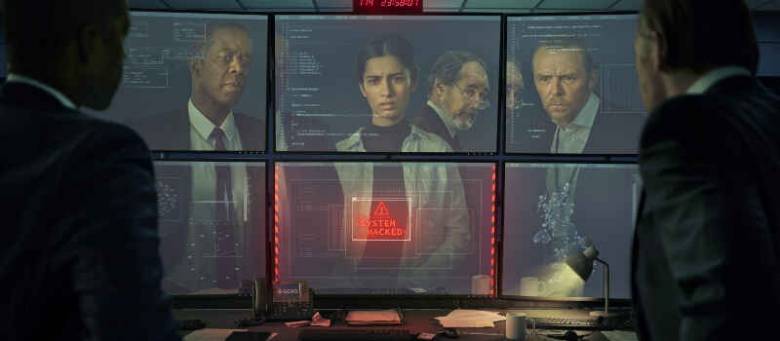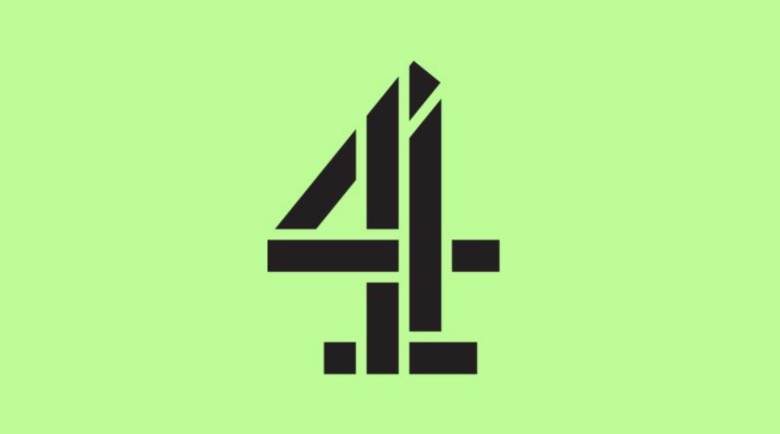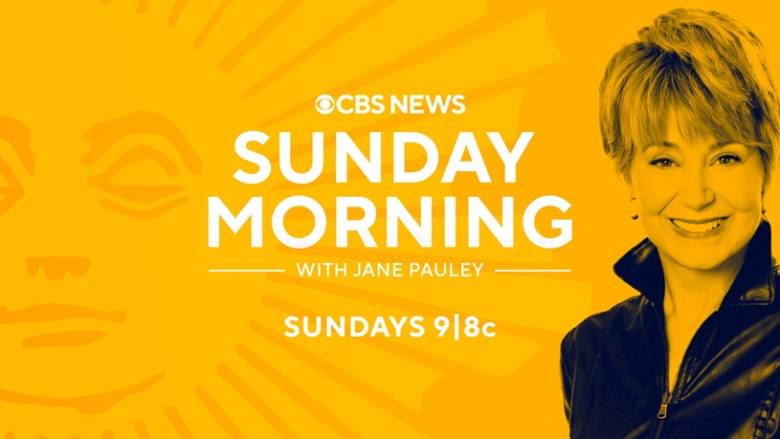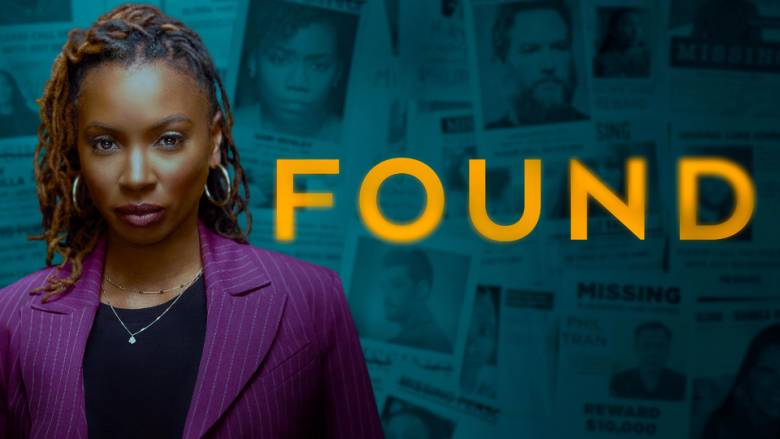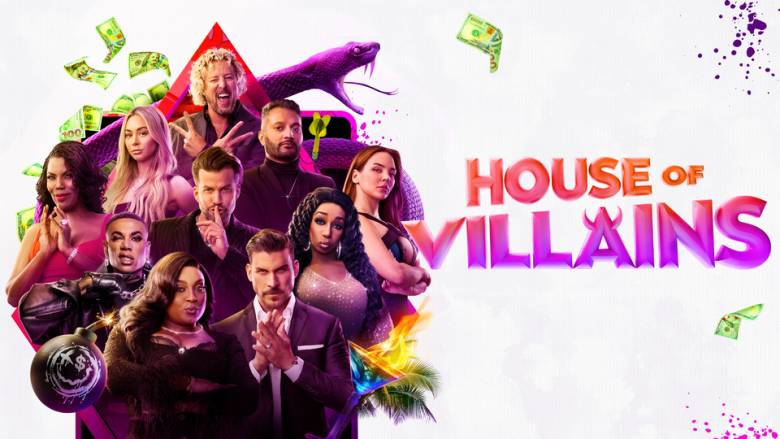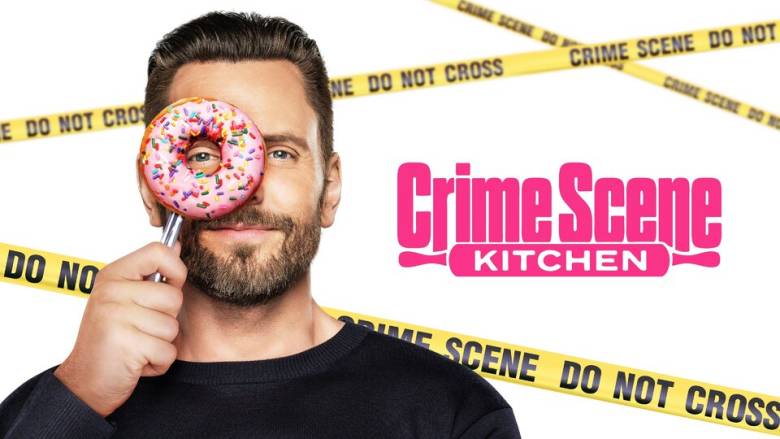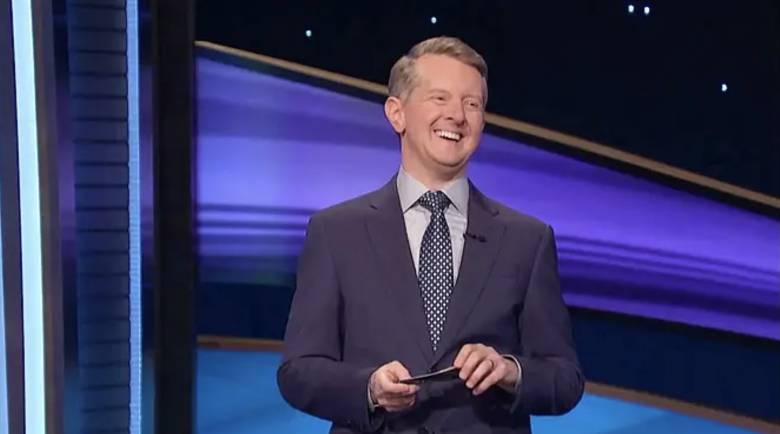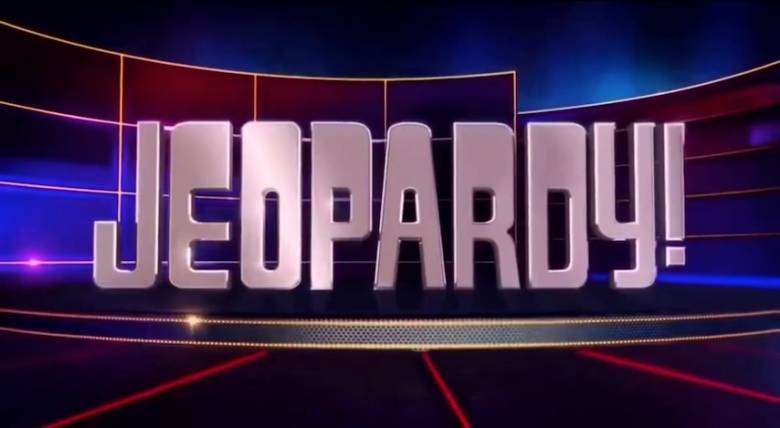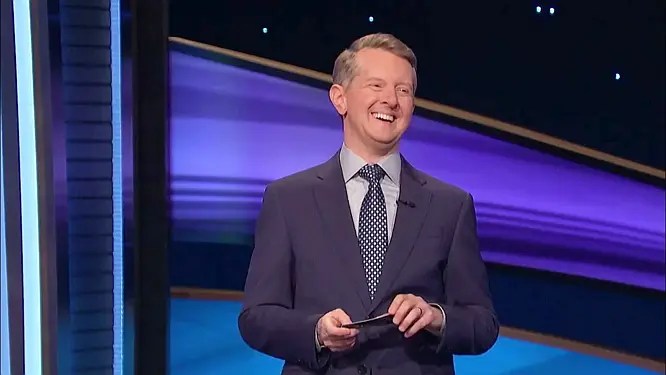What is David’s story in “The Undeclared War”?
AJ: David is the Head of GCHQ, and that post is traditionally – which I didn’t know before filming this – a civil service role and I think on average, people do five or six years in the post. The head of GCHQ is the conduit between the really brainy people in GCHQ and the government of the time. He is a career civil servant and he’s one of the good guys – not in political tune with the government in this story but as a successful and distinguished civil servant it is not his position to challenge the instructions from the government. He has to negotiate subtly, hopefully, between the two organisations.
What attracted you to the role of David and to this project?
AJ: I’d not worked with Peter Kosminsky before, so it was a hugely exciting for me to be asked to be part of this because I admire his work. Then reading the scripts, I liked the role, and I liked his quiet intensity and the way his brain worked in quite a subtle way – and it’s good to play people who are cleverer than you are!
Peter does this amazing thing where he does a really detailed backstory for your character, which is very unusual, but it is great, and all the actors have just loved that because it does a lot of the work for you. Peter is so on top of the story and on top of your character, and that gives you so much to feed on that he’s provided you with all this detail about the life of the person you are playing.
Can you tell us a little bit about David’s backstory?
AJ: He grew up in a quite well-to-do farming family and his parents were quite old parents, and he is an only child. He went to university and then he met somebody early on, a guy you don’t meet but who is named in the story, who is an American, who provided him with a sort of extended family that he had never really had in his life. It’s great knowing those things in the back of your head, and to have all that detail even though it is not necessarily part of the story. He’s had a distinguished career as a civil servant.
Can you talk to us a little bit more about working with Peter?
AJ: Peter knows exactly what he wants and that’s a huge comfort and support. There are long scenes of dialogue, and he works in a way that is quite demanding. If you screw up in a scene, Peter very quietly says ‘cut’ and you go back to the beginning. Sometimes when you’re filming, if you forget a line, you can just repeat the line until you’ve got it – the camera stays on you and the director doesn’t say cut, which I think is often to do with economics and the pressures of time in filming – but Peter wants the full scene to be played. That puts added pressure on you, so you’ve got to have done your homework and be up to speed! But the cast in this series is so strong and with fantastic young actors.
What else was surprising to learn about GCHQ?
AJ: I’ve learnt a lot and about the levels of threat within the cyber world, which I didn’t really know about, so that’s been a bit of an education and it is all a bit chilling and scary. Like I said before, it’s good playing people who are cleverer than you and who have a whole different skillset and come from a totally different world.
Our job is to sound like we understand what we’re talking about in a convincing way. There’s a lot of tricky dialogue and technical stuff – you can’t just say the words, you’ve got to understand what you’re talking about.
What themes of “The Undeclared War” particularly resonated with you?
AJ: The threat from another sphere of potential warfare that I think we’ve been witness to over the last few years. Whether that’s the question of if outside forces were involved in Brexit or the success of Donald Trump or asking how you battle that without it escalating. That is one of the big themes of The Undeclared War.
You should watch The Undeclared War because it is an accessible thriller and the scripts are very strong, the story is exciting, it’s relevant to what’s going on today and asks us as people – who aren’t in government and GCHQ – to keep questioning what our leaders are up to, to be involved.
I think The Undeclared War may surprise people because the scale of subterfuge and espionage that is going on, the story that is told in the series is completely convincing to me but was surprising when I read it, because of the levels of threat and lies which makes you wonder why we can’t all just communicate with each other.
What words spring to mind when you think of “The Undeclared War”?
AJ: Extraordinary people in extreme situations that challenge the very core of their beliefs and puts to the test their capacity to handle really difficult situations.
One of the real delights for me as a performer working on this series is working with people that you may know a bit – Adrian Lester who plays the Prime Minister, I’ve known for a long time, but we’ve never worked together – and that’s been a real delight. Brilliant actors like Adrian Lester, Hattie Morahan and Hannah Khalique-Brown, and Simon Pegg – who has been a complete delight to work with – and we laugh quite a lot, so Peter keeps an eye on us.
Of course, working with Peter has been such a surprise and delight, with how much he’s on top of the story and the research he’s done, he knows exactly what he wants from us, and that makes it a complete pleasure. It ups your game because you’re working with really, really good people.
Latest Interviews
[pt_view id=”93d5b1f3zw”]
News Highlights
[pt_view id=”32353a785p”]

